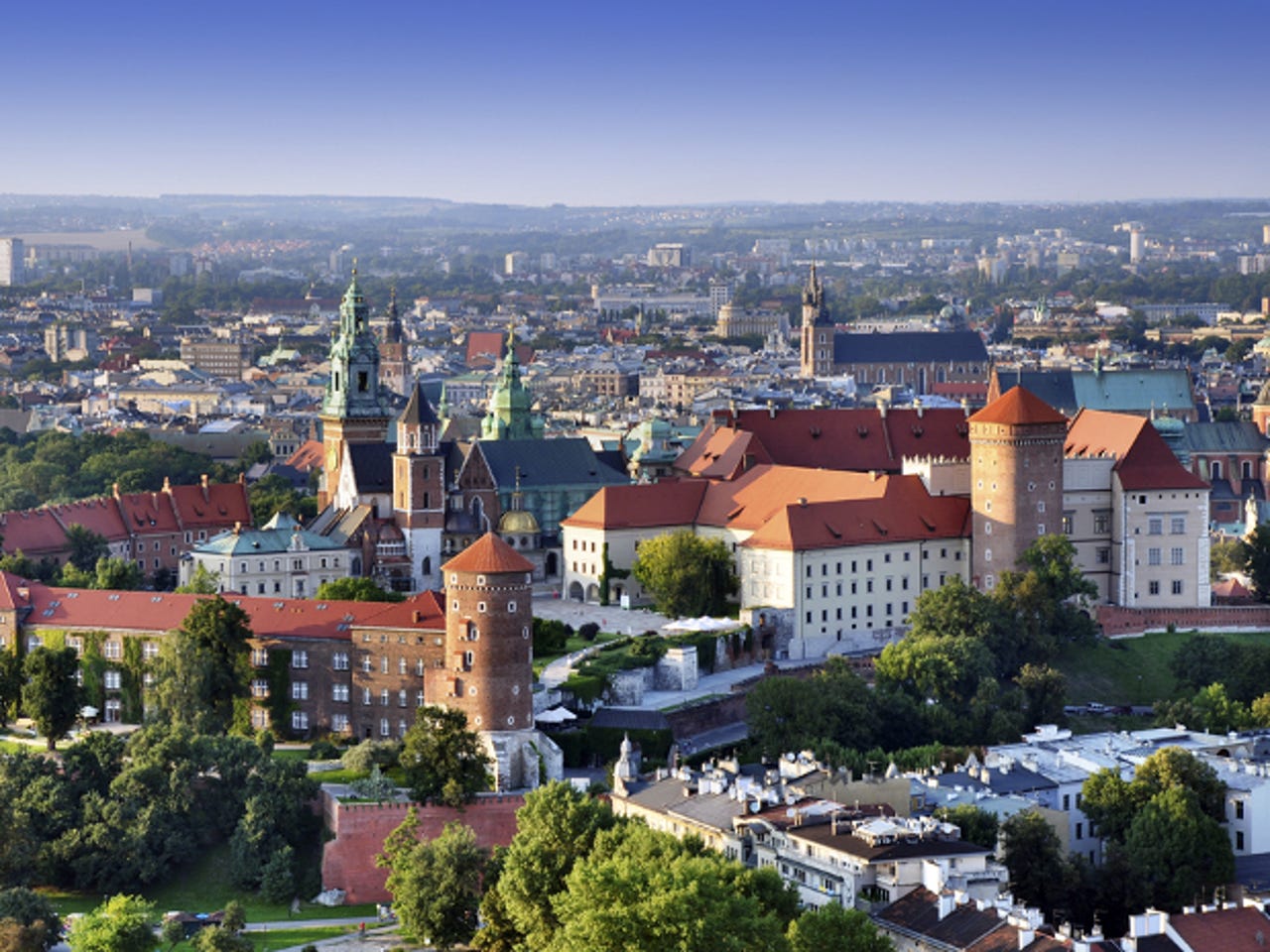Tomorrow's tech hubs: The bonus pot inspiring Poland to brew fresh IT centres


Parts of Poland are preparing to establish themselves as technology and R&D hubs in an effort to attract more funding from Europe.
Under a European initiative to rejuvenate recession-hit parts of the continent, regions are being encouraged to "find their own industrial and technological niche in the global marketplace" by focusing on a so-called "smart specialisation". From next year, should all go according to plan, European regions that pick a smart specialisation will be able to access extra funds.
The European Parliament's commission for regional policy is currently reviewing new laws that would entice European regions to choose their smart specialisations – typically focusing on R&D and technology strands – by offering them 10 percent on top of any regional funding they get from EC grant pools including the Structural Funds.
Should the law pass parliament, it would open the door for areas of Europe in need of development to access a 10 percent bonus on top of any regional funds they're awarded from the grants pool of around €322bn for 2014-2020, proponents of the plan say. Interestingly, that bonus will have to be invested outside the region that wins it: in practice, that could mean students get a scholarship to participate in exchanges with other regions, or that one region would buy production capacity in another.
Competition
According to Dutch European People's Party MEP Lambert van Nistelrooij, rapporteur and negotiator for the European Structural Funds and the European Investment Fund, the plan is intended to aid competition.
"Europe has to make sure that it does not miss out on converting the available knowledge into products and services, which would result in such applications going to countries like India and China," he says. "The idea behind smart specialisations is to connect the parties that can make that conversion."
The smart specialisation bonus comes as part of Europe's 2020 growth strategy. While in the past, the strategy has come under criticism for moving too slowly, individual regions see any new possibility to invest in more economically durable projects as a bonus.
Polish regions are particularly eager, according to van Nistelrooij, with many of them have already defined their specialisation for 2014 onward. Lesser Poland, and its capital Krakow, already decided to choose becoming an IT hub as its smart specialisation last year. During the last EC budget period, 2007 to 2013, Lesser Poland was already one of the big spenders of regional funds, getting through a total of €1.5bn, of which €1.3bn came directly from Brussels.
And smart specialisations aren't likely to be confined to Less Poland. "In keeping with the objectives of the Europe 2020 strategy, we anticipate a considerable increase in expenditure on scientific research, technological development, innovation and enterprise," the country's minister of regional development, Elżbieta Bieńkowska, said recently.
Focusing on 2014 and beyond
Read this
While the idea of holding individual regions to certain specialisations (including R&D and IT) isn't entirely new, the proposed bonus on regional funding should entice some to focus more on their strengths. The hope is it will entice individual regions to cooperate with other regions that carry the same expertise, ranging from exchanges to collaboration in R&D.
With the additional money, IT companies will experience less of a financial barrier to opening additional R&D centres in other regions - for example, because a nearby university produces more graduates with the specialities it needs.
Last year, an IBM representative told Central European Processing that Poland is particularly strong in technical areas like network security, but could do better on the management side of things. The new program would, again in theory, mean that Poland's universities are under less pressure to have to excel in that area as well, and just focus on what they are good at already, partnering with other regions to fill in the gaps.
Poland has been particularly active in defining regional specialisations and moving to get additional funds, van Nistelrooij says. "Mentally they are already fully focused on the 2014-2020 timeframe", he says. While is still some friction between the capital region of Warsaw and the rest of the country, "most technical universities and regions have already at least given a sign of the direction they want to go in".
That eagerness stems from the fact that while Poland prides itself on the technological prowess of its universities, they remain low in European rankings. Van Nistelrooij hints this has partly to do with a lack of money.
"They want to avoid the situation from the previous period, 2007-2013, in which 90 percent of European research funds went to the older member states," he says. "So far, they have spent their money on building roads. Now the Poles show a willingness to invest in knowledge and bring it in from other parts of Europe."
The European Parliament's commission for regional policy is due to vote on the proposed funding laws on 11 June, with a full European Parliament vote schedule for the October. If the law gets a parliamentary majority – and it already has the backing of the largest group within the European Parliament, the conservative European People's Party - the program is slated to take effect from 1 January next year.